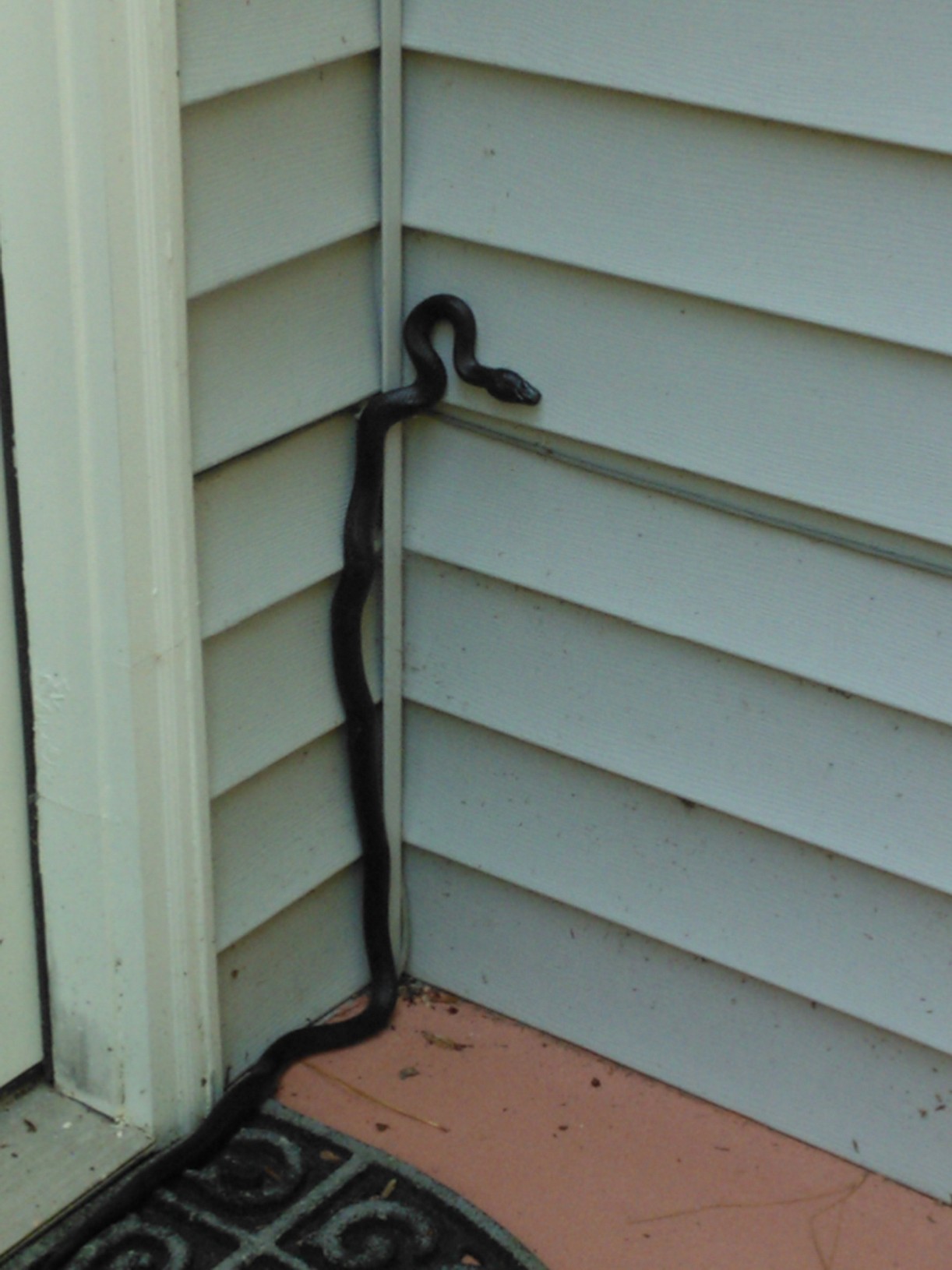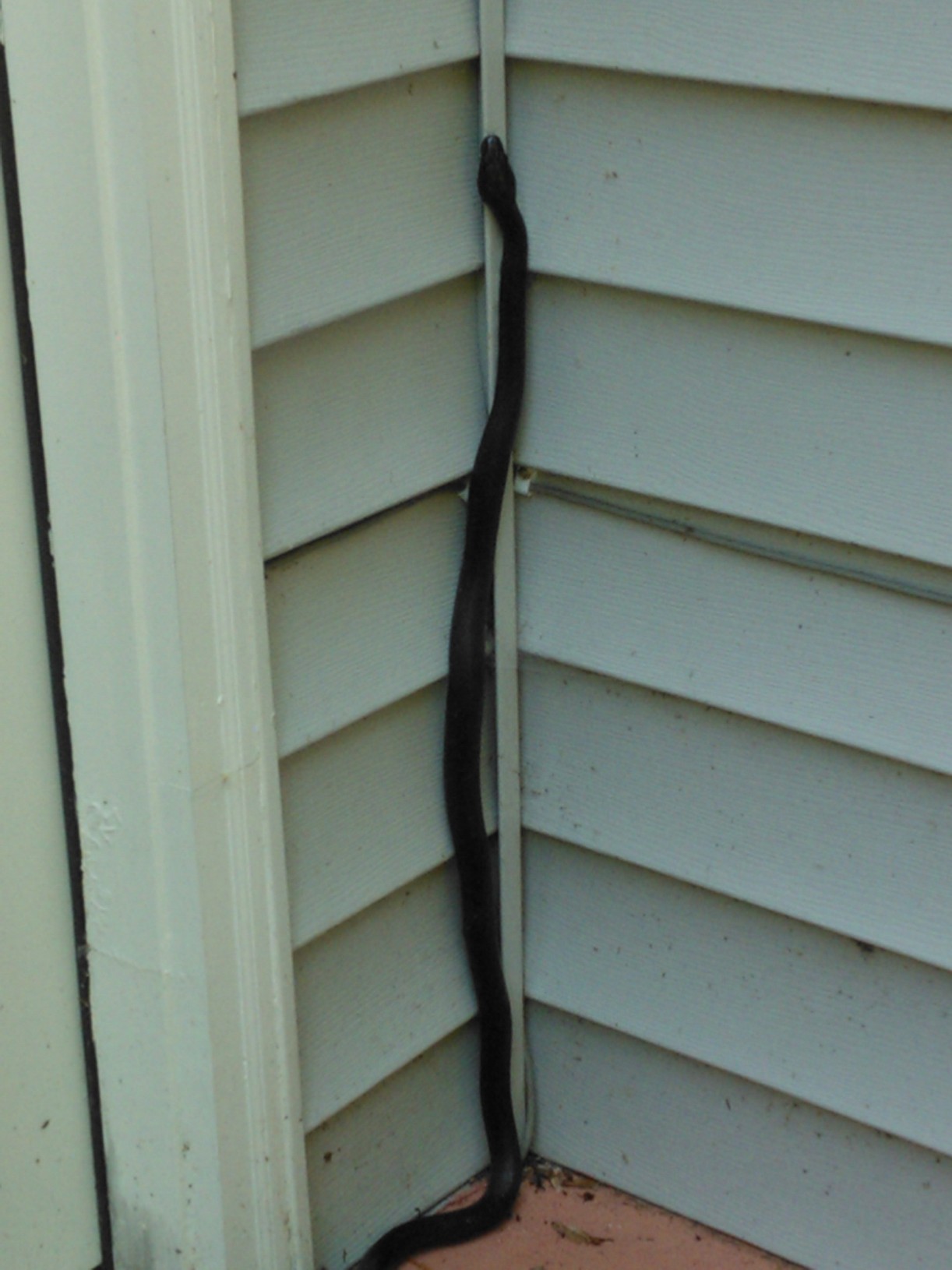While the sentiment is a good one, we all know human nature a little too well. The trouble is, “one day” rarely comes.
- Out of sight, out of mind.
- I’ll get to that later.
- I’ll look into that in the new year.
- It’s not a priority right now.
It’s fascinating what we professionals notice in estates. We see a distinct similarity in almost all of the estates we go into, especially if the estate belonged to an elderly loved one from the Depression Era. The attics are usually full; interesting that 85% of them are full of things that really should have been disposed of 30+ years ago.
By the time we get into these attics to clear them out, the books are rotted and have been gnawed on, anything cardboard has pretty much disintegrated, clothing either smells like mildew or falls apart in our hands, or we find items that have long since been obsolete and no one has any use for them. If items of value were stored in the attic, which is a big no-no, chances are good they have been damaged and the value greatly diminished. This is not always the case, but generally what we find. On very rare occasions, we find treasures hidden up there too, but they have been long forgotten and the family most likely was never told about them.
My assistant has a saying when we are working in the daunting attics, up to our elbows in stuff:
“They were young when they put this stuff up here. By the time they finally figure out it has to be dealt with, they are elderly and can’t get up here anymore. That’s how long this stuff has been sitting around and most of it is being discarded. With all this paper up here, it’s a miracle the house didn’t go up like a match.”
This is accurate on many levels. Time stops for no one. We all have the best intentions of cleaning out the shed, garage, closets, cupboards. But if you continue to procrastinate and something happens where you or your loved one is incapacitated, it truly leaves a burden for the ones you leave behind. A bigger burden than you realize.
If you have had your sights on a project around the house which includes clearing out some stuff, make sure you know what it is worth before you sell it or give it away. It is better to clear out the clutter now, so you can feel better and not worry later. We all could probably come up with numerous excuses. With spring coming, it’s time to just do it!
©2015 The Estate Lady®
Julie Hall, The Estate Lady®, is the foremost national expert on personal property in estates, including liquidating, advising, and appraising. http://www.TheEstateLady.com She is also the Director of American Society of Estate Liquidators®, the national educational and resource organization for estate liquidation. http://www.aselonline.com.
No part of The Estate Lady® blogs, whole or partial, may be used without Julie Hall’s written consent. Email her at Julie@TheEstateLady.com.




